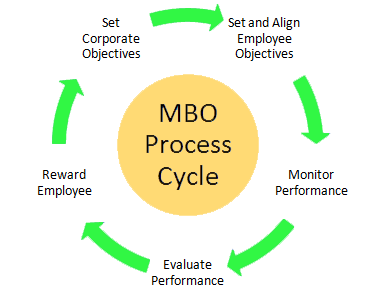to rearrange component ideas into a new whole and make judgments based on evidence or a set of criteria. Compare
Compare and contrast, Contrast, Discuss, Evaluate, Examine, Justify, Recommend, To what extent
Aims, objectives, strategies and tactics, and their relationships
Make sure you understand these terms:
- Strategy - this is a long-term plan illustrating how the business will achieve its corporate objectives. Strategic objectives are significant long-term goals. They normally relate to key business objectives such as profitability, asset value and market share.
- Tactics - these are the short-term activities carried out on a daily basis to implement the business strategy. It should be possible to arrive at a set of checkpoints when performance can be measured against success criteria.
| For example a
shoe retailer may set the Aim (long term) to increase profits. The
strategy may be to do this by increasing Revenue. The tactics then will
include setting out a promotion plan including advertising, point of
sale and endorsements. |
(Note Long-term is often meant to be more than 1 year ahead and short term less than 1 year)
The aims of a firm make up its strategy so that all its stakeholders know where the business wants to be and everyone can pull in the same direction. To achieve the aims the firm sets tactical objectives shorter-term objectives to provide immediate targets and motivators for the managers and other employees.
The first, the most basic, and the perpetual goal of any firm is survival. Only after this has been secured can it develop other significant strategic aims. These may include:
- Increased profit
- Greater market share
- Elimination of competition
- Possible takeovers or mergers
- International expansion and market growth
- Corporate image
- Improving quality
Aims and objectives are there for everybody in the firm. They are there to give a target and to act as an encouragement or motivators to staff. They drive decision-making. It is important, therefore, to express them in the correct form of positive and motivational language.
Why have objectives?
Objectives set short term 'stepping stones' to make sure everyone is progressing towards the long term aims and can measure their progress.
| Deeper reading - Management by objectives (MBO) Peter Drucker |

|
Check your learning!
Discuss the difference between aims and objectives, and examine the relationships between aims and objectives strategy and tactics Target. |
Hierarchy of Objectives
If you would prefer to view this interaction in a new web window, then please follow the link below:

One example of this is Hewlett Packard. To examine their corporate objectives and shared values follow the link below:
 1.3 Aims, objectives, strategies and their relationships AO3
1.3 Aims, objectives, strategies and their relationships AO3